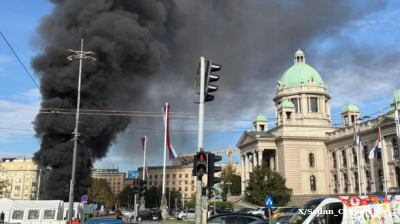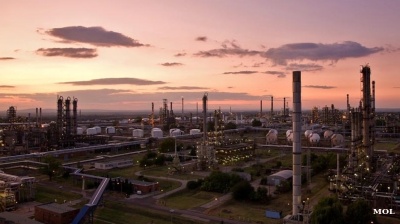Belarus will hold its next presidential election on 26 January, according to the country's Central Election Commission.
This will be the first presidential vote since the contested 2020 election, which faced widespread allegations of fraud and sparked mass protests. President Alexander Lukashenko, who has ruled Belarus since 1994, is expected to run for re-election. It is unclear why Lukashenko has selected January for the election, as the deadline for holding it – five years after the previous vote – is in August.
Over the years, Lukashenko has eliminated most opposition and centralised power, drawing significant criticism for his increasingly authoritarian rule. The upcoming election is widely expected to see Lukashenko, who has governed Belarus for nearly three decades, secure a seventh term in office.
Lukashenko’s leadership has been marked by tight control over political and civil freedoms, with ongoing accusations of human rights violations. In addition to repressing dissent and imprisoning political opponents, Lukashenko maintains complete control over the Central Election Commission, which has faced international sanctions since at least 2006 for manipulating election results.
The 2020 election saw Lukashenko's main challenger, Svetlana Tikhanovskaya, claim victory before being forced into exile. Her husband, a prominent opposition figure who was arrested before the election and replaced by his wife on the ballot, remains imprisoned. Following the 2020 election, the government's crackdown on dissent led to mass arrests, with many opposition leaders and protesters jailed. According to human rights group Viasna, Belarus currently holds around 1,300 political prisoners.
Ahead of the 2024 election, Tikhanovskaya has dismissed the vote as a "sham" and urged Belarusians and the international community to reject it. She emphasised that no alternative candidates or independent observers will be allowed, creating an atmosphere of fear and repression. In a statement on X (formerly Twitter), she noted that the election offers no real democratic process, instead perpetuating Lukashenko’s grip on power.
News

Serbian president calls fire, shooting outside parliament a terrorist attack
The attacker, a retired employee of the former State Security Service, opened fire on a tent settlement of pro-government supporters.

Bolivia's new leader must rebuild a shattered economy
Bolivia enters a new political and economic phase as centrist Rodrigo Paz prepares to take office on November 8, inheriting one of the country’s most acute crises since the hyperinflation of the 1980s.

Hungarian foreign minister says "many actors" worked to prevent Budapest summit
The White House has suspended plans for a meeting between US President Donald Trump and Russian President Vladimir Putin in Budapest.

Central Asian states registering impressive trade gains
Success despite the lack of access to a seaport.




